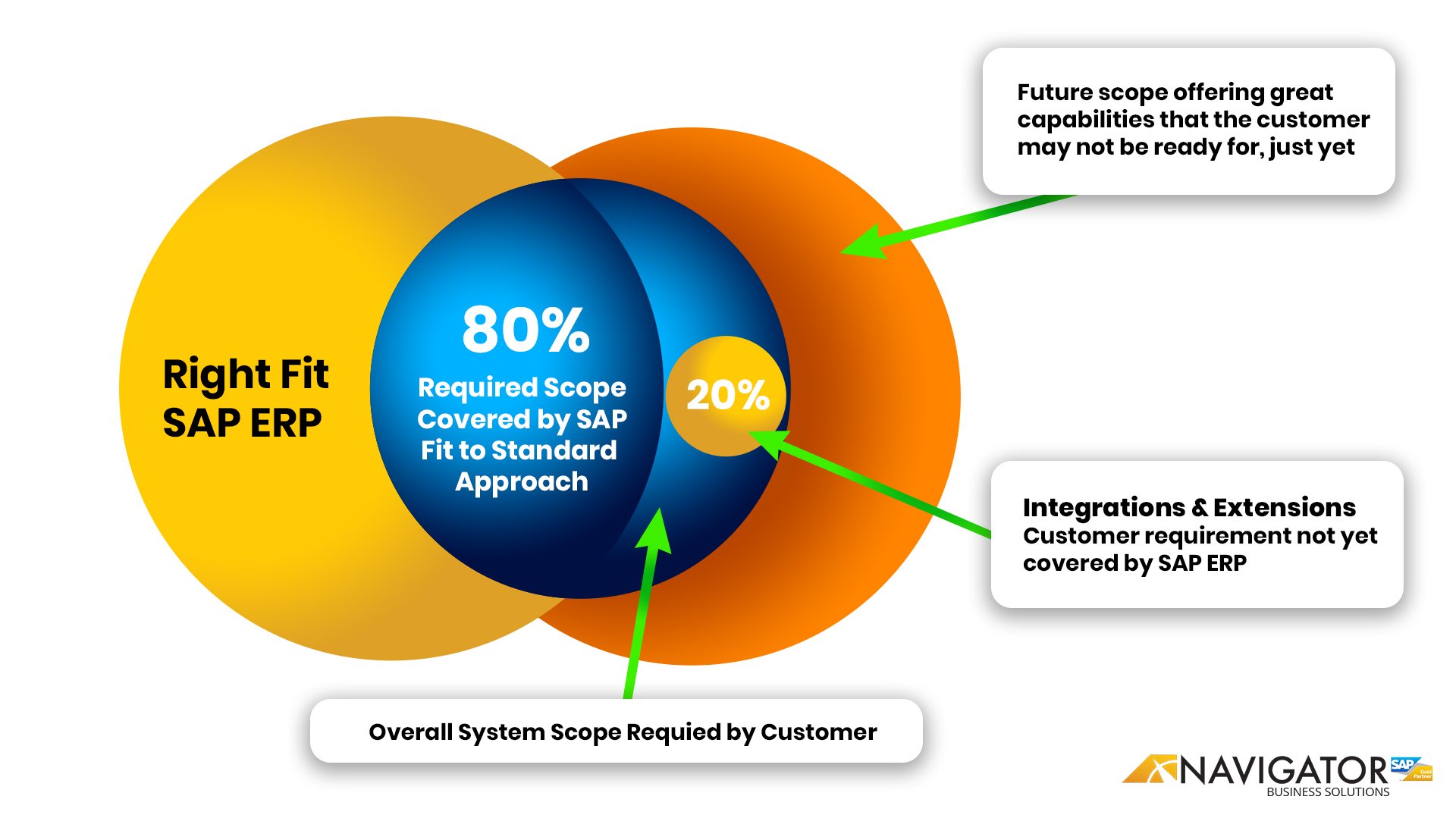
How SAP Cloud Integrations Drive Smarter Decisions
Is your business fully taking advantage of SAP cloud integrations?
Businesses that use SAP ERP solutions such as Business ByDesign or S/4HANA Cloud Public Edition know that their ERP solution is highly modular and delivers wide integration and connectivity. What many businesses don’t realize is that SAP cloud integrations are easier to deploy than ever before, and these cloud integrations help businesses make smarter decisions.
SAP Cloud Integrations are (Relatively) Easy
ERP integration with cloud services has gotten a lot easier in the past few years with the introduction of the SAP Business Technology Platform.
The BTP is a platform-as-a-service (PaaS) that helps businesses extend an SAP ERP solution through off-the-shelf vendor and third-party add-on modules, drag-and-drop custom code creation, and easy integration services. It is this last part, the SAP BTP Integration Suite, that helps businesses easily make SAP cloud integrations.
First, the BTP Integration Suite comes with pre-built integrations managed and updated by SAP for commonly needed cloud applications. Need a connection between S/4HANA and the Salesforce Cloud, for instance? No problem; the list of pre-build SAP cloud integrations includes one for Salesforce.
Second, the BTP Integration Suite streamlines the creation of new SAP cloud integrations for less common cloud services and servers through tools that help with designing, publishing, and managing application programmer interfaces (APIs). It comes with AI-assisted development and integration optimization, too, and a tools-based, guided approach to define, document, and govern a company’s integration strategy.
Connecting your company’s SAP ERP solution with the cloud has never been easier.
Making Smarter Decisions with SAP Cloud Integrations
There are many reasons why businesses will want cloud integration with their ERP solution. But one big reason is the better decision-making that comes from SAP cloud integrations.
There are at least five ways that integration between an ERP solution and cloud services supports smarter decisions.
1. Cloud Integrations Break Down Silos
When a business augments its ERP solution with cloud services, there’s the potential for that old villain: data silos.
Yes, cloud services are built to connect with other cloud services and share data, at least the good cloud services. But in practice, many businesses don’t have all their cloud services talking with each other and feeding into their centralized ERP solution. Despite the hype to the contrary, cloud services have created at least a few data silos.
This incomplete or scattered data picture hinders the decision-making of a business.
2. Cloud Integrations Deliver Real-Time Data Insights
Something remarkable happens when a business sets up SAP cloud integrations: better business insights.
Connecting a company’s cloud services to its ERP solution means the data from cloud services flows into an ERP in real-time. There’s no logging into several web-based dashboards and correlating the data. The data comes to the business in real-time, both captured and analyzed automatically by the company’s SAP ERP system.
With this automatic flow of data into the ERP solution from the company’s cloud services, trends can be identified in real-time and insights developed as business dynamics shift.
3. Cloud Integrations Better Automated Workflows
One of the core value propositions of an ERP solution is enhanced when data flows from the cloud as a result of SAP cloud integrations.
ERP solutions have long stressed the benefits of automated workflows for improved decision-making. Instead of manually collecting and analyzing data, and then generating reports, automation within ERP can streamline the decision-making process by automating much of this process.
Now add in new data from connected cloud services, and new workflow automations that come from integrating the cloud with the company’s ERP solution. The result: a resumption of the streamlined decision-making process that was interrupted when data began moving from on-premise backend systems to the cloud.
4. Cloud Integrations Improve Data Quality and Consistency
The quality and consistency of data is improved with SAP cloud integrations, which in turn leads to better decision-making.
Integrating cloud services with ERP cuts down on redundant data since cloud services and a company’s ERP are no longer independently storing some of the same data. Data quality also is improved by augmenting the data already stored in the company’s ERP solution by automatically flowing in cloud data as well.
There’s more complete, unified data, which is important for accurate decision-making.
5. Cloud Integration Supports Stronger Analytics Tools
When there is full integration between cloud services and a company’s ERP solution, businesses can more fully utilize third-party, cloud-based analytics engines and artificial intelligence solutions.
By building SAP cloud integrations, ERP data can more easily flow into third-party analytics engines. These integrations also mean that data from cloud services can flow through the ERP system and into these cloud-based analytics and artificial intelligence solutions.
Of course, more cutting-edge analytics leads to faster, better business decisions.
Learn More About SAP Cloud Integrations and the BTP
As noted, the SAP Business Technology Platform that enables these easy cloud service integrations is relatively new. Many businesses don’t fully understand the BTP yet, and don’t know how it can help with cloud integration.
If you are among those who are still confused or unsure about the BTP, contact one of our experienced ERP consultants to learn more about how it can help your business. You can reach us by calling (801) 642-0123 or by writing us at info@nbs-us.com

